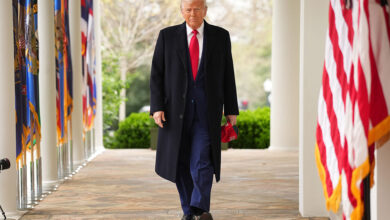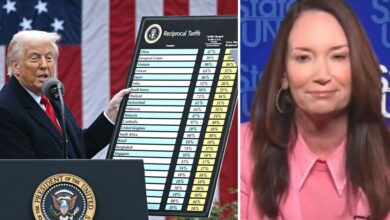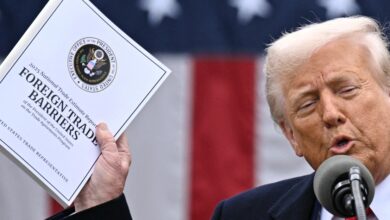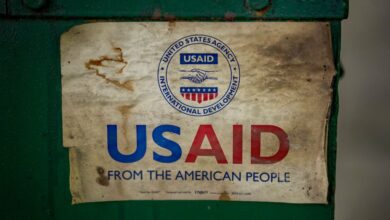Reflections on Namibia’s 2024 Elections
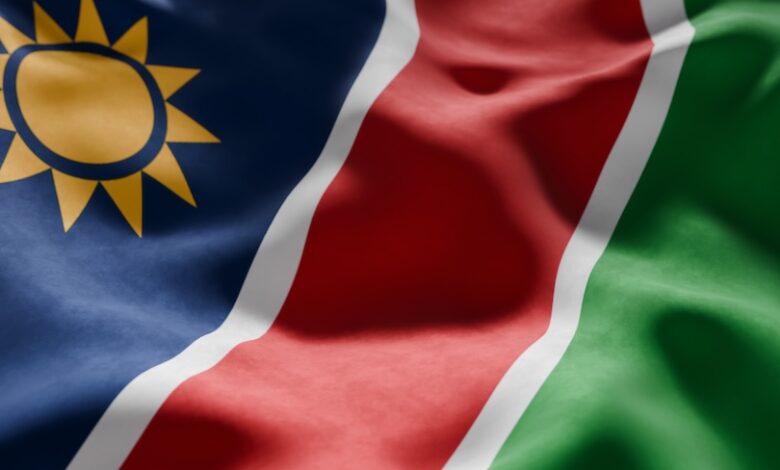
It has been a time of change for Africa with Namibia selecting its first female President, Netumbo Nandi-Ndaitwah. Namibia voted both a new President and a more diverse National Assembly in the country’s seventh elections since gaining independence from South Africa in 1990. Initially scheduled on 27 November 2024, in some regions polls ran as late as 30 November due to poor planning. Opposition parties decried the move, boycotting the declaration and challenging the polls in court. This discontent has (however) begun to subside, given widespread respect for the Electoral Commission of Namibia (ECN), and the disappointing performance of the ruling SWAPO party. Netumbo Nandi-Ndaitwah of the ruling SWAPO party was declared winner and Namibia’s first female president. Yet, the Assembly elections saw SWAPO reduced to 51 seats, a majority of three. SWAPO, which gained its base fighting against apartheid in 1990, has not recently attracted Namibia’s younger voters who are angry at high unemployment.
An ECN spokesman advised me:
We are caught in a dilemma. We enjoy large-scale respect from all the parties, but we run elections based on modern technology that does not work well across our country. We know this was a disaster in 2019 when the machines let us down. We have reclaimed something from the technical slips there. We had to delay the polls in some places as late as 30 November. We are still stuck with the challenge of delivering a modern, western-style election when the IT is just not ready. When it fails, people naturally get suspicious…It is a challenge.
Prior to the election, online disinformation campaigns targeted various candidates. These included false allegations such as Panduleni Itula being a “British agent”; purported footage of another opposition candidate, Bernadus Swartbooi, making tribalist statements towards Itula; and lampooning of the President-elect. Various politicians also accused the Zimbabwean ZANU–PF of spreading false information.
A SWAPO spokeswoman explained:
We see this election as both a victory in the coronation of the first female president from our party, but also as a sign that we need to work harder to make this country better, to improve the economy, to create jobs, to get investment, and to rise prosperity…. We know that SWAPO cannot trade on the nostalgia of 1989 but we know that Netumbo will make this country great again… and that better times are ahead for everyone.
I first came to Namibia in 1989 on the UN mission (UNTAG) established to assist the country’s transition to independence. I observed one previous post-independence election (2019 ) and returned for the elections in November 2024. Post-1989 was a period of great change as the new government rolled out policies which were both equitable and progressive. That reform path was dulled in the past decade by political intransigence and incestuous party infighting. It was dramatic to return before the outbreak of Covid, and the pace of reform between UNTAG and 2019 was immeasurably better than now. Prior to UNTAG there had existed a post known as the UN Commissioner for Namibia (previously UN Commissioner for South West Africa.) UNGA renamed the post UN Commissioner for Namibia in 1968 and Namibia gained independence on 21 March 1990. Among the seven UN Commissioners (all of whom were denied status by South Africa) were Irishman, Seán MacBride and Martti Ahtisaari of Finland who in April 1989 led UNTAG’s effective decolonisation of Namibia.
In the November 1989 elections, 98% of registered voters turned out. The elections were certified as free and fair by the UN Special Representative, with SWAPO taking 57% of the vote, just short of a two-thirds majority. The opposition Democratic Turnhalle Alliance received 29% of the vote. While Namibia is a multiparty democracy, the South West Africa People’s Organisation (SWAPO) has ruled since independence and the 2024 elections show all the evidence of popular dissatisfaction with their party hacks.
Today, there are many areas of dissatisfaction, not least chronic poverty and high unemployment. While protections for civil liberties are generally robust, minority ethnic groups accuse the government of favouring the majority Ovambo ethnic group in allocating services. The nomadic San people experience extreme poverty and societal marginalization. Other human rights concerns include police brutality, and discrimination against women and LGBT+ people. In 2019, the late Hage Geingob of SWAPO was re-elected President with 56.3 percent of the vote. While international observers deemed polls peaceful and results credible, concerns were raised about electronic voting machines, long waiting times to vote, and delays in the counting and release of results. In 2024 these concerns were (largely) addressed by the NEC, but the SWAPO vote had fallen further.
The 2024 and 2019 polls were both declared fair by international observers, although concerns were raised over other aspects of the process. Controversy around the use of electronic machines dominated the 2019 elections, and the substitution of paper ballots in 2024 largely addressed that concern. In 2024 the greater plurality of minority interests has further unseated the historic dominance of SWAPO. In particular, opposition parties now control the key cities of Windhoek, Walvis Bay, and Swakopmund. While the common narrative is that this trend reflects SWAPO’s declining popularity and concerns over growing patronage, these more competitive results also reflect the natural evolution of a healthy multiparty system. Namibia’s opposition parties, many of which are spin-offs from SWAPO, remain relatively weak and underfunded. Still, they have been building their capacity and organizational outreach. Moreover, the polity is changing with a growing share of urban and young post-independence voters. Their attitude toward SWAPO and its liberation credentials conflict with the older generation of Namibians.
Namibia’s increasingly competitive multiparty system presents a chance for innovation and democratic self-correction, creating incentives for all parties to demonstrate good governance. These developments may help Namibia throw off the failings of entrenched and often corrupt dominant-party systems. 2024’s electoral environment supported freedom of assembly and free speech overseen by the ECN which is widely seen as impartial. Namibia’s judiciary is autonomous from political influence. Moreover, Namibia is one of Africa’s most open environments for press freedom, contributing to government accountability.
The 2014 election will likely consolidate previous equality gains impacting significantly on Namibian civil society. Namibia’s Supreme Court granted foreign spouses of Namibians in same-sex marriages equal immigration rights as foreign spouses in heterosexual marriages. The ruling sparked an anti-LGBT+ backlash. Parliament then passed legislation banning the recognition of same-sex marriages and explicitly overriding the Supreme Court ruling. It is likely that the new President will force through a more liberal equality agenda. Namibia has pledged itself to encourage greater equality of rights, political pluralism and wider societal participation at local government levels. A Netumbo-supporter repeated to me that the President-elect genuinely wishes to ensure all Namibians, “enjoy the right to organize in different political parties or other competitive political groupings of their choice, in a political system free of undue obstacles…”
These are goals aspired to by several international human rights bodies, including the UN. Even so there are inherent problems in the system which Netumbo inherits. While Namibian political parties may form and operate freely, and registration requirements are not onerous, candidate-registration fees and campaign financing still place an undue burden on smaller parties. Parties that hold parliamentary seats receive annual public support based on parliamentary representation, which continues to disproportionately benefit SWAPO. Small parties lack financial resources or nationwide membership bases, impeding their ability to mobilize support.
It remains to be seen how the new President may reconcile threats from her own SWAPO colleagues. She has expressed a desire to tweak the system, permitting the opposition to increase its financial support, but her own SWAPO enemies will have their knives out for her on this score. The minority parties who have historically been regarded as weak and fragmented jumped sizably in the prior November 2020 local elections, and are poised to do well at the next provincial-level polls. With opposition dislodging SWAPO from the two-thirds majority it held since 2014, President Netumbo Nandi-Ndaitwah cannot appear weak in placating minorities, and must also must also maintain SWAPO’s base-support to retain power.
Further Reading on E-International Relations
https://www.e-ir.info/wp-content/uploads/2024/12/shutterstock_2555361335.jpg
2024-12-24 04:41:37

